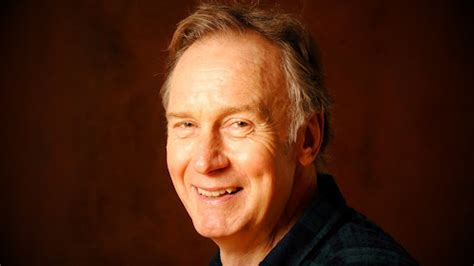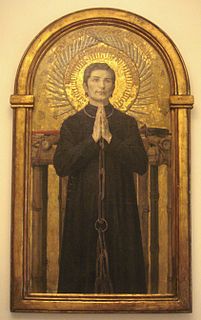A Quote by Twyla Tharp
You may wonder which came first: the skill or the hard work. But that's a moot point. The Zen master cleans his own studio. So should you.
Related Quotes
Zen purposes to discipline the mind itself, to make it its own master, through an insight into its proper nature. This getting into the real nature of one's own mind or soul is the fundamental object of Zen Buddhism. Zen, therefore, is more than meditation and Dhyana in its ordinary sense. The discipline of Zen consists in opening the mental eye in order to look into the very reason of existence.
Lucky accidents seldom happen to writers who don't work. You will find that you may rewrite and rewrite a poem and it never seems quite right. Then a much better poem may come rather fast and you wonder why you bothered with all that work on the earlier poem. Actually, the hard work you do on one poem is put in on all poems. The hard work on the first poem is responsible for the sudden ease of the second. If you just sit around waiting for the easy ones, nothing will come. Get to work.
A slight sabre-cut will separate my head from my body, like the spring flower which the Master of the garden gathers for His pleasure. We are all flowers planted on this earth, which God plucks in His own good time: some a little sooner, some a little later. Father and son may we meet in Paradise. I, poor little moth, go first. Adieu.
Let us remember, there is One who daily records all we do for Him, and sees more beauty in His servants' work than His servants do themselves... And then shall His faithful witnesses discover, to their wonder and surprise, that there never was a word spoken on their Master's behalf, which does not receive a reward.


































